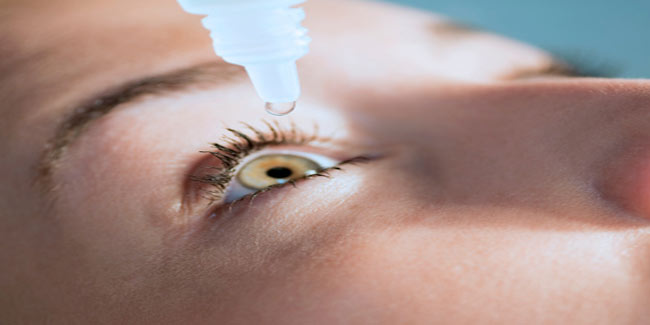
when the tear system is off the track and doesn't produce the required components to keep your eyes moisturized and lubricated it results in a condition called dry eyes. Dry eyes may feel uncomfortable with several other symptoms including pain, itching, redness, blurred vision, sensation of sand in the eyes and over-sensitivity to light.

Table of Content:-
Dry eye syndrome is one of the most common eye problems, and it becomes more common as people age because tear production can diminish as part of the aging process.
More women are affected than men, and the syndrome is more likely to flare up at times of hormonal change such as after menopause or during pregnancy or breastfeeding. Birth control pills can trigger dry eye syndrome, and so can many other medications, including antidepressants, antihistamines, decongestants, antianxiety agents and diuretics or other blood pressure pills. Some medicines that are used in the eye also can cause dry eyes as an allergic reaction.
Several autoimmune disorders also can affect the body's ability to produce tears, including Sjögren's syndrome, rheumatoid arthritis and myasthenia gravis, as well as other conditions such as Bell's palsy and thyroid dysfunction.
How we keep this article up to date:
We work with experts and keep a close eye on the latest in health and wellness. Whenever there is a new research or helpful information, we update our articles with accurate and useful advice.
Current Version